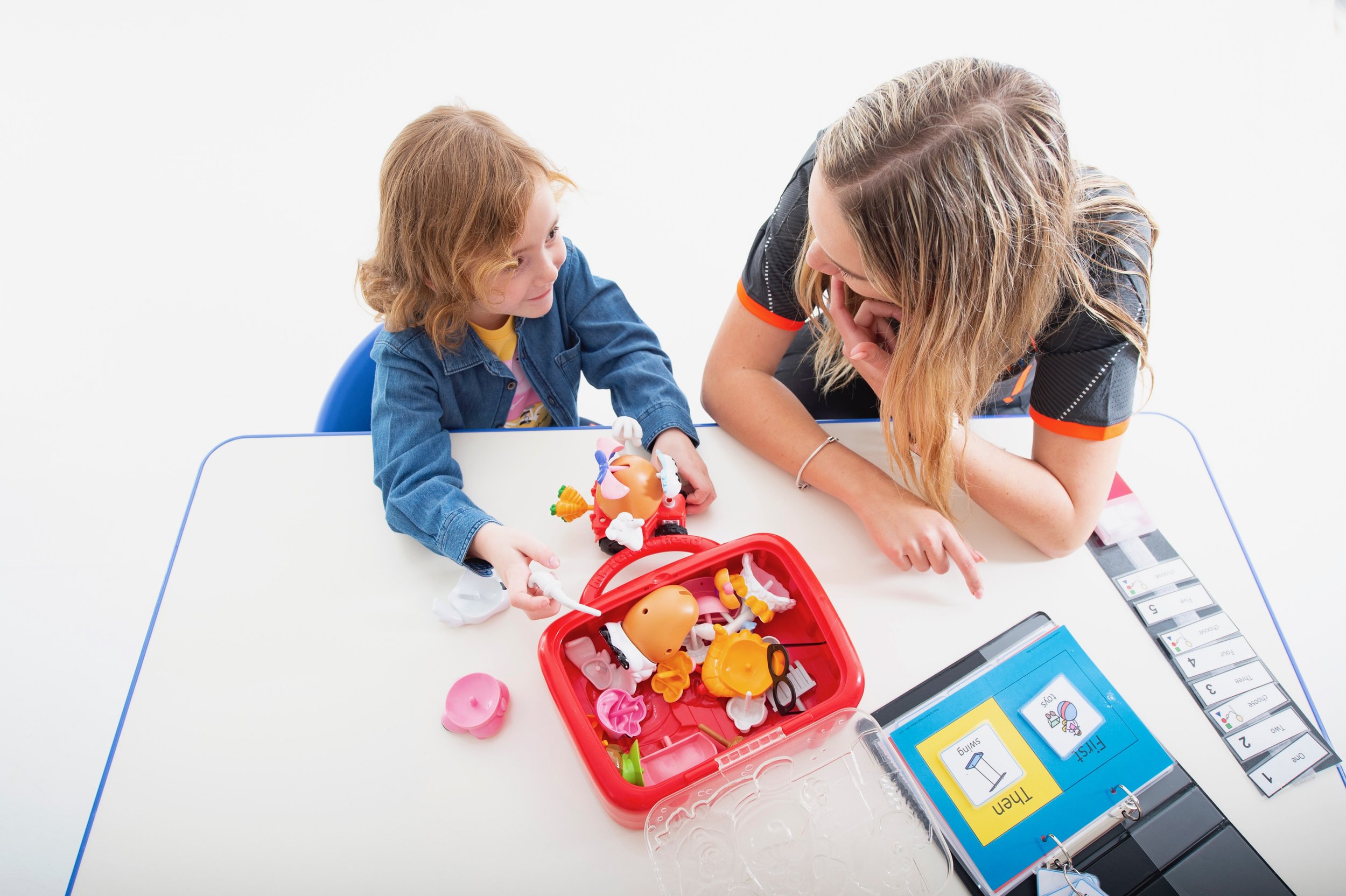
Why fit in when you were born to stand out.
- Dr Seuss
ABA Therapy @ MICAH
What is Therapy @ MICAH
Therapy at MICAH is:
Centred around the child, their strengths, their challenges and their interests.
Celebrating the individuality of each child and guiding them to achieve their potential.
Creating joy and engagement so that every child can feel safe and in control to be able to learn and face challenges.
Helping our children to be heard and communicate.
Empowering our children with the skills needed to advocate for themselves and participate in learning and life success.
Comprehensive, evidence-based and responsive practices.
Working with parents, carers, educators, teachers, education assistants and other professionals to support the child holistically.
Applied Behaviour Analysis (ABA) is an intervention in which the principles of learning theory and human behaviour are applied in a systematic and measurable way to increase, reduce, maintain, and generalise target behaviours. These behaviours include speech and language, social skills, communication skills including verbal and non-verbal communication, adaptive living skills including toileting, eating, dressing, and play skills including gross motor and fine motor play and social play. In all ABA programs, the intent is to increase language, play and socialisation skills, while decreasing behaviours that interfere with learning.
Applied Behaviour Analysis
Behavioural Therapy is not just for challenging behaviour.
We develop individualised targeted programs that are holistic and focused on the whole child, work directly with the children and support families and carers to generalise new skills and overcome barriers to success.
It is important to note that we are not providers of PBS through the NDIS Improved Relationships process.
At MICAH we prioritise relationships with our Autistic clients and their family. We prioritise values, ethical practice, safety, and rapport over procedures. We understand that people learn best when they feel heard, joyful and empowered. We label this Happy, Relaxed and Engaged - HRE.
Traditionally, learning contexts for autistic children have been full of challenges and ‘hard stuff’ and only accessing preferred activities or positive reinforcement. This is not an ideal context for learning, nor does it foster rapport and relationships.
In our learning contexts, we strive to create a safe and engaging environment so our children can be happy, relaxed, and engaged. When they are HRE, we can present challenges, the ‘hard stuff’, and support the development of skills and knowledge.
Neuroaffirming Approaches at MICAH:
Person-Centred Approach: Focusing on individual strengths and needs.
Strengths-Based Perspective: Empowering children by focusing on strengths.
Cultural Competence: Respecting cultural differences in therapy.
Sensory Sensitivity: Creating a sensory-friendly environment.
Communication Support: Using alternative communication methods.
Flexibility and Choice: Allowing autonomy and supporting assent in therapy.
Positive Reinforcement: Encouraging desired behaviours.
Social Connection: Providing authentic social interaction opportunities.
Collaboration and Family Involvement: Involving families in therapy.
Advocacy and Empowerment: Advocating for autistic individuals' rights, acceptance and inclusion.
MICAH Therapy Model
Tiered Service Model
MICAH Inclusion offers a Tiered Service Delivery Model. This model has been identified as best practice in ABA around the world. All therapy is supervised by Liz Martin, Behaviour Analyst, and children are matched to a Case Manager from our Senior Behaviour Therapist team. The Case Manager implements assessments, develops the therapy program, supervises the implementation of the program by our Therapy Assistants, supports parent training, and collaborates with other professionals.
Supervision
A Tiered Service Delivery Model also allows for close supervision and evaluation of the effectiveness of our program. We endeavour to provide a minimum of two hours of supervision, and in some cases, a higher level of supervision is needed, by our Senior Behavioural Therapists. This allows us to meet the complex needs of our clients in a responsive, individualised and data-driven approach. Case Managers meet as a team and individually each week to discuss every child's progress with the Principal Behaviour Analyst and Clinical Director.
Intake Process for Therapy @ MICAH
It is essential that we understand the child, the family and the context in which they live before we implement comprehensive ABA therapy. We follow a process that allows us to build up a clear picture of the child by completing observations and assessments to identify a baseline of skills, which is paired with time dedicated to developing a strong and trusting rapport with the child. The intake process can take up to 10 hours of assessments, observations, interviews with care givers and writing the baseline report.
Ethics Code and Best Practice
Board Certified Behaviour Analysts are governed by an Ethics Code which establishes, disseminates, and manages professional standards.
At MICAH we also follow the Council for Autism Service Providers Guidelines for providing effective and evidence-based therapy.
We also adhere to the NDIS Code of Conduct and follow the relevant operational guidelines outlined on the NDIS Website.
Funding
NDIS participants are able to access if they are Self Managed or Plan Managed NDIS participants. We do not currently take NDIA-managed clients. Private paying clients are also very welcome.
We set our fees to reflect the NDIS Pricing Arrangement and Price Limits. Click here for more information on the NDIS Pricing Arrangements and Price Guide.











